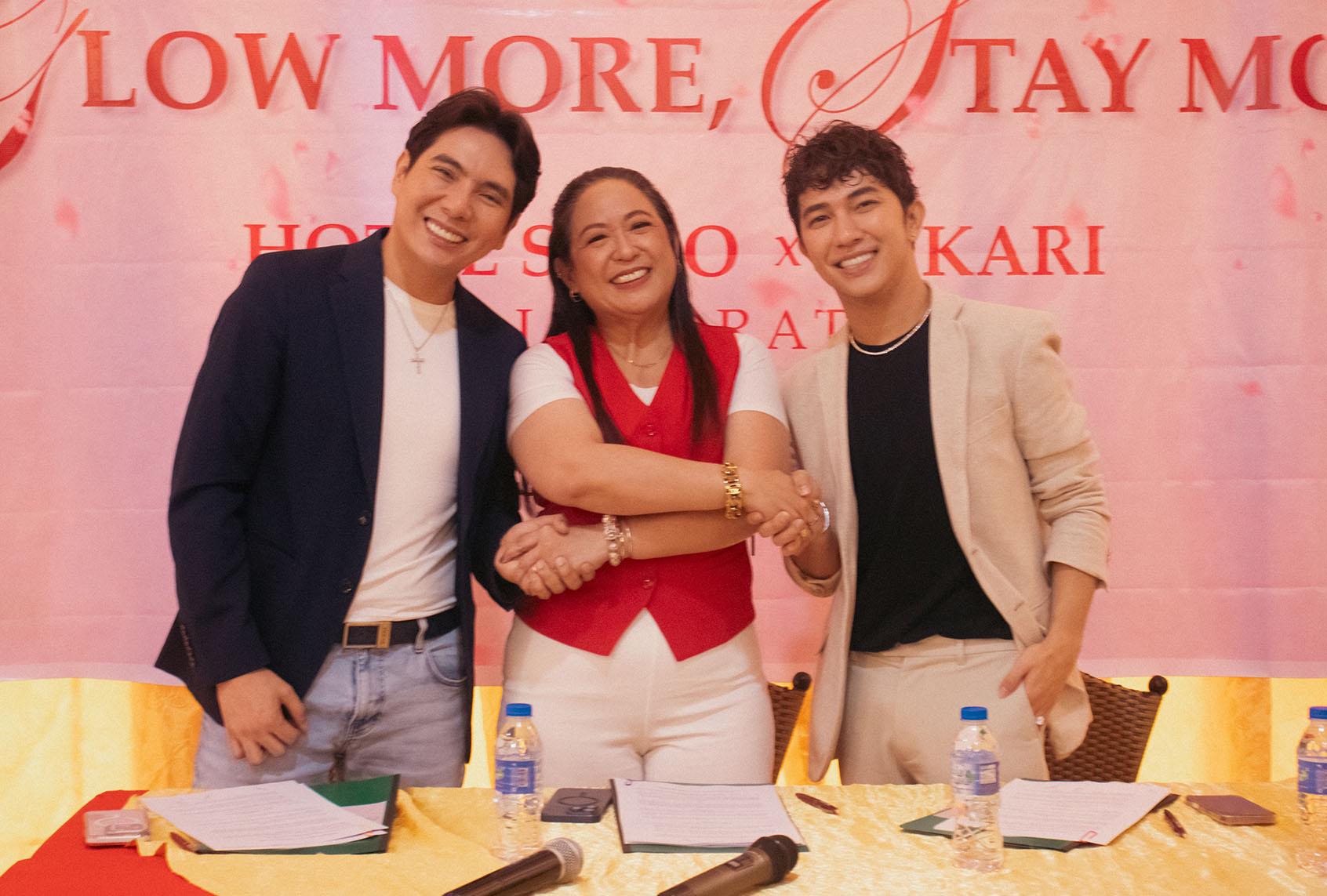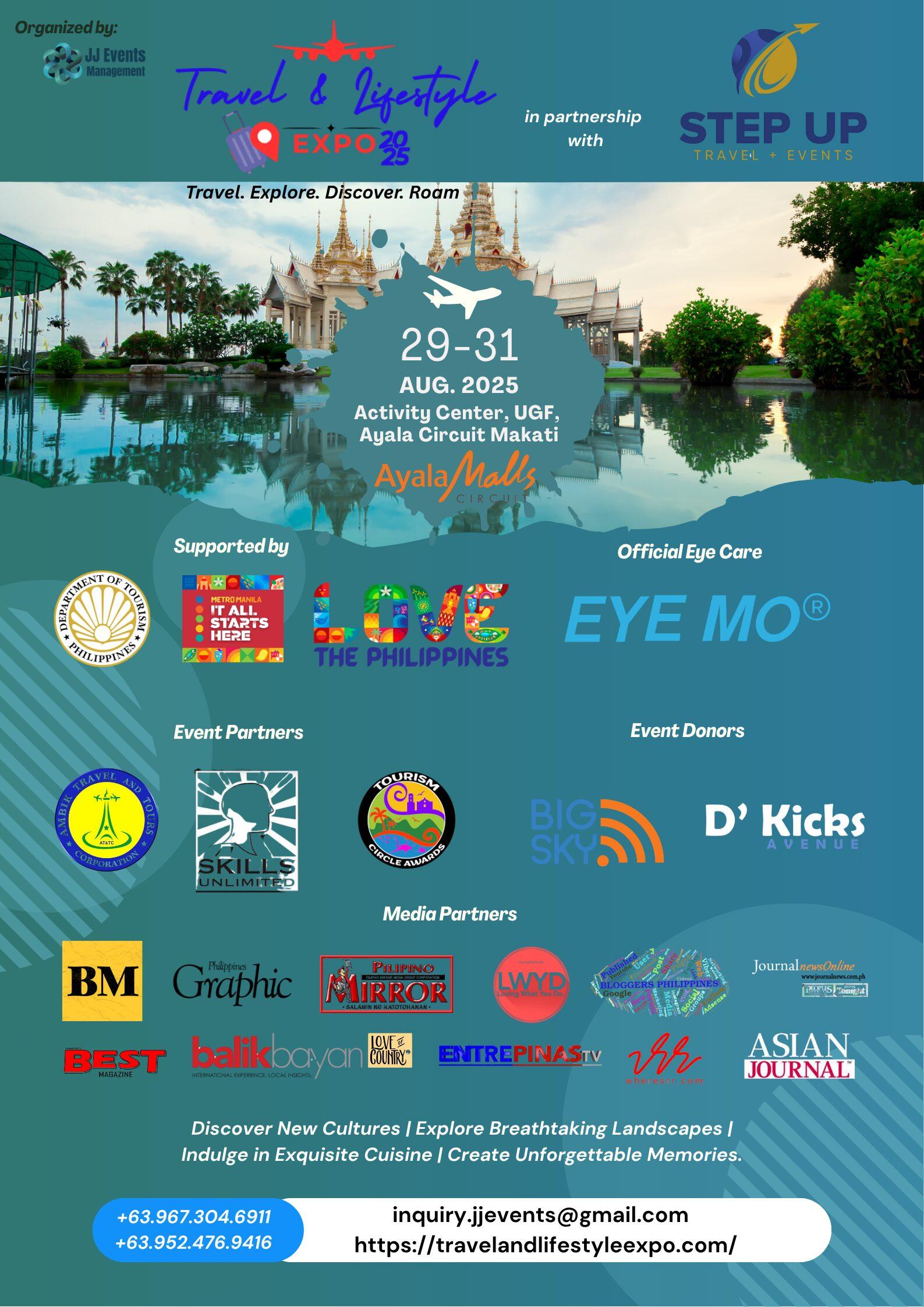INTERVIEWS come in many ways. Some regard them as battles, others call them theater pieces — even as delightful minuets.
But for showbiz interviewing, which tends to elicit mere entertainment, not information, receives much disdain, especially by those who clearly would be considered as “newspeople.”
The license to ask virtually anybody in the world, to let the subject come in and ask them everything, is that moment when you have available to you the whole universe of person’s life. Their pains and sufferings, their joys and struggles you can learn from and take with you. Their doings, their loves, their poems, their goals, their music, their meetings, their films, their millions, their misfortunes, and their celebrity. It is so vast and so clamorous, exasperating that plagues and suffocates us, and offers a magnet for great discussion.
The power of the interviewer staggers the mind. The breathtaking way they get to walk into people’s lives, and ask them anything they want, ready to bare their souls, if the interviewer had his way. They are the surrogates who think for us, listen for us, and ask the questions people might ask if they were on the spot.
What makes a really good interview and what kind of a person makes an excellent interviewer?
I have spent 50 percent of my professional life asking questions. I’ve also learned the lesson to shift gears with a subject’s response: that a good serve in tennis does not ensure that the ball will come back where it is expected. You have no idea how our expertly prepared questions will be answered.
Interviewers have different goals, time limits, settings and unique personalities, just as our subjects. Nobody is a snapshot. We are all complicated people. But while journalists are free to ask the questions they like, and in the way they like, politeness and civility have always worked better than hostility and prosecution. In the process, they get the truth. But when is that truth liquid, and when is it solid?
In my earlier years as a novice crime reporter, a police general whom I greatly admired and revered, gave me a tape recorder and made me believe I could write police stories. That tape became my Excalibur through the years of interviewing. However, rather than interviews, they are conversations recorded on tape, then transferred into written dialogues — actual monologues provoked by my questions and opinions.
If getting a subject to talk is exhausting, getting them to talk into a machine that is recording every pause, every breath could be fraught with tension.
With the presence of a microphone, it is like feeling spied on or judged. It was not uncommon for my interviewees to grow pale, red or mutter haltingly or simply fall silent. Sometimes they jump around, especially when asked open-ended questions.
I have always thought that letting people talk and faithfully reporting what they might say can contribute to written profiles. But the subject would down the microphone in a chaos of words. As the tape wounds, inexorably, afterward comes the worst moment when I would listen to silences and torrents of talk, for me to transpose into conversation and profile. Thus for the sake of clarity, we find it necessary to put more order into the answers we receive, but not to destroy the beauty and color of the language.
I like dramatic questions and responses, written eloquently and colorfully. Listening to someone talk isn’t at all like listening to the words played on a machine. At times a flashing glance or a movement of the hands will make the blandest remark acceptable, just as a disagreeable nose and a humble attitude can at times detract from the value of the richest remark. Reported remarks are not enough to give an idea of who is speaking, the shape of his features, the gestures they make — the complete profile.
Some of the characters I’ve interviewed are my friends, or almost friends or possible friends. Possible enemies are those who condemn for not having the good sense to censor the remarks they did not have the good sense to refrain from making. The loud protest of betrayal could be deafening, but it’s cleansing if you’re brave enough to write it.
Now in my twilight years, I’ve always realized that I haven’t said everything about them. But now I will. I’ve decided to be fearless with a conscience as clear as the conscience of a babe. I will no longer be keeping anything back. Now, I feel as if a weight has been lifted from my heart. I feel fresh and clean, ready to fly up to paradise.
***
***
E-mail Mylah at moonlightingmdl@aol.com





